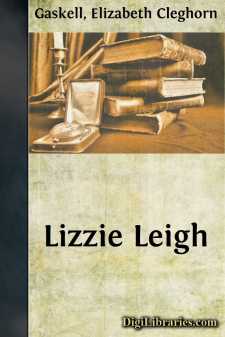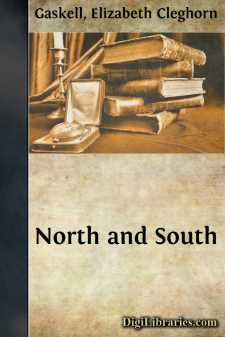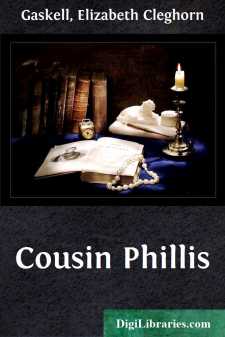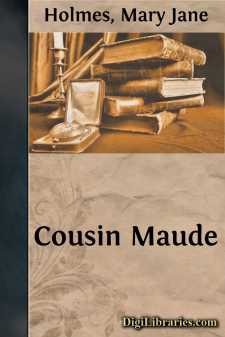Categories
- Antiques & Collectibles 13
- Architecture 36
- Art 48
- Bibles 22
- Biography & Autobiography 813
- Body, Mind & Spirit 138
- Business & Economics 28
- Children's Books 12
- Children's Fiction 9
- Computers 4
- Cooking 94
- Crafts & Hobbies 4
- Drama 346
- Education 46
- Family & Relationships 57
- Fiction 11821
- Games 19
- Gardening 17
- Health & Fitness 34
- History 1377
- House & Home 1
- Humor 147
- Juvenile Fiction 1873
- Juvenile Nonfiction 202
- Language Arts & Disciplines 88
- Law 16
- Literary Collections 686
- Literary Criticism 179
- Mathematics 13
- Medical 41
- Music 40
- Nature 179
- Non-Classifiable 1768
- Performing Arts 7
- Periodicals 1453
- Philosophy 64
- Photography 2
- Poetry 896
- Political Science 203
- Psychology 42
- Reference 154
- Religion 505
- Science 126
- Self-Help 81
- Social Science 81
- Sports & Recreation 34
- Study Aids 3
- Technology & Engineering 59
- Transportation 23
- Travel 463
- True Crime 29
Lizzie Leigh
Categories:
Description:
Excerpt
CHAPTER I.
When Death is present in a household on a Christmas Day, the very contrast between the time as it now is, and the day as it has often been, gives a poignancy to sorrow—a more utter blankness to the desolation. James Leigh died just as the far-away bells of Rochdale Church were ringing for morning service on Christmas Day, 1836. A few minutes before his death, he opened his already glazing eyes, and made a sign to his wife, by the faint motion of his lips, that he had yet something to say. She stooped close down, and caught the broken whisper, “I forgive her, Annie! May God forgive me!”
“Oh, my love, my dear! only get well, and I will never cease showing my thanks for those words. May God in heaven bless thee for saying them. Thou’rt not so restless, my lad! may be—Oh, God!”
For even while she spoke he died.
They had been two-and-twenty years man and wife; for nineteen of those years their life had been as calm and happy as the most perfect uprightness on the one side, and the most complete confidence and loving submission on the other, could make it. Milton’s famous line might have been framed and hung up as the rule of their married life, for he was truly the interpreter, who stood between God and her; she would have considered herself wicked if she had ever dared even to think him austere, though as certainly as he was an upright man, so surely was he hard, stern, and inflexible. But for three years the moan and the murmur had never been out of her heart; she had rebelled against her husband as against a tyrant, with a hidden, sullen rebellion, which tore up the old landmarks of wifely duty and affection, and poisoned the fountains whence gentlest love and reverence had once been for ever springing.
But those last blessed words replaced him on his throne in her heart, and called out penitent anguish for all the bitter estrangement of later years. It was this which made her refuse all the entreaties of her sons, that she would see the kind-hearted neighbours, who called on their way from church, to sympathize and condole. No! she would stay with the dead husband that had spoken tenderly at last, if for three years he had kept silence; who knew but what, if she had only been more gentle and less angrily reserved he might have relented earlier—and in time?
She sat rocking herself to and fro by the side of the bed, while the footsteps below went in and out; she had been in sorrow too long to have any violent burst of deep grief now; the furrows were well worn in her cheeks, and the tears flowed quietly, if incessantly, all the day long. But when the winter’s night drew on, and the neighbours had gone away to their homes, she stole to the window, and gazed out, long and wistfully, over the dark grey moors. She did not hear her son’s voice, as he spoke to her from the door, nor his footstep as he drew nearer. She started when he touched her.
“Mother! come down to us. There’s no one but Will and me. Dearest mother, we do so want you.” The poor lad’s voice trembled, and he began to cry. It appeared to require an effort on Mrs....






















